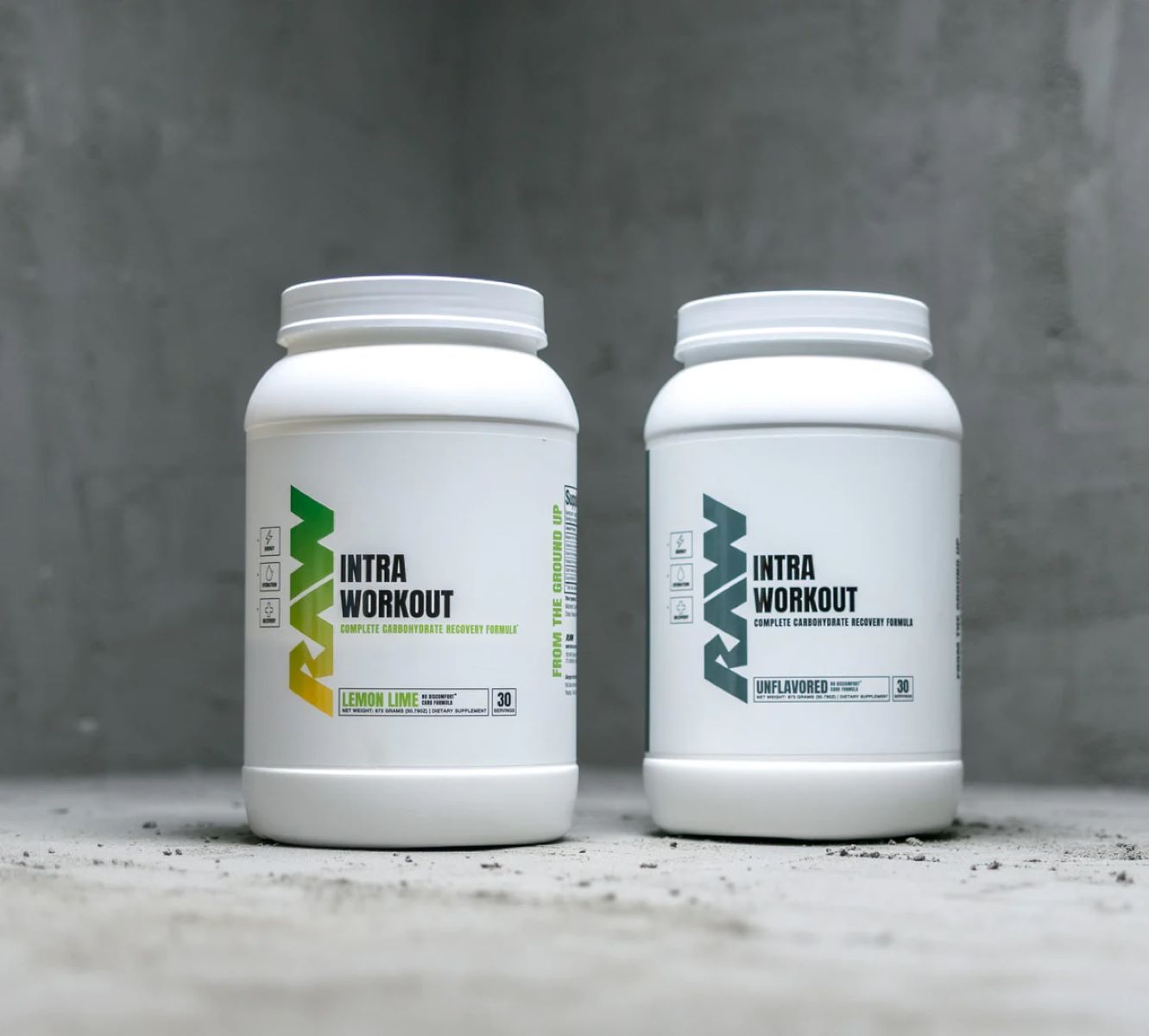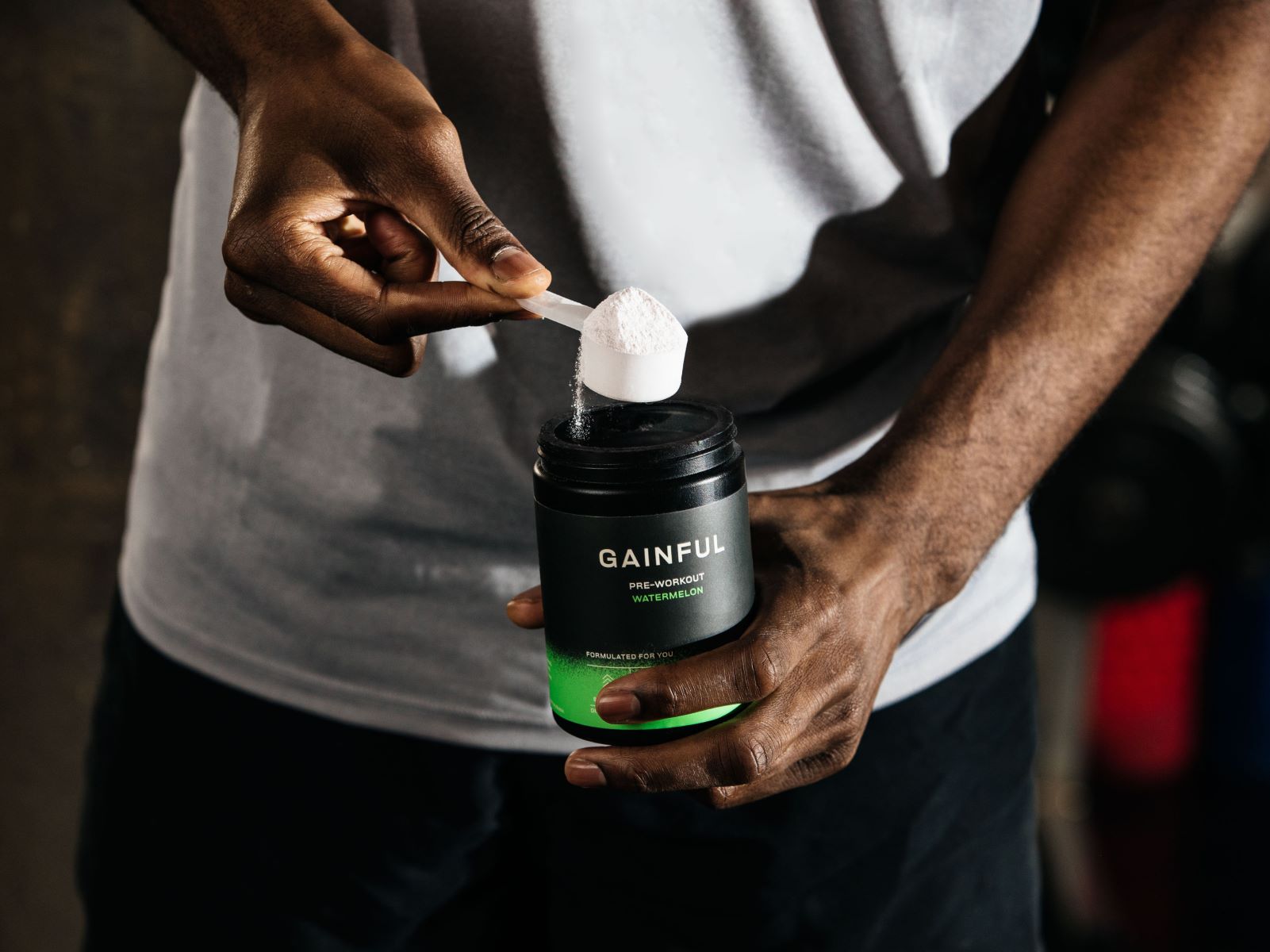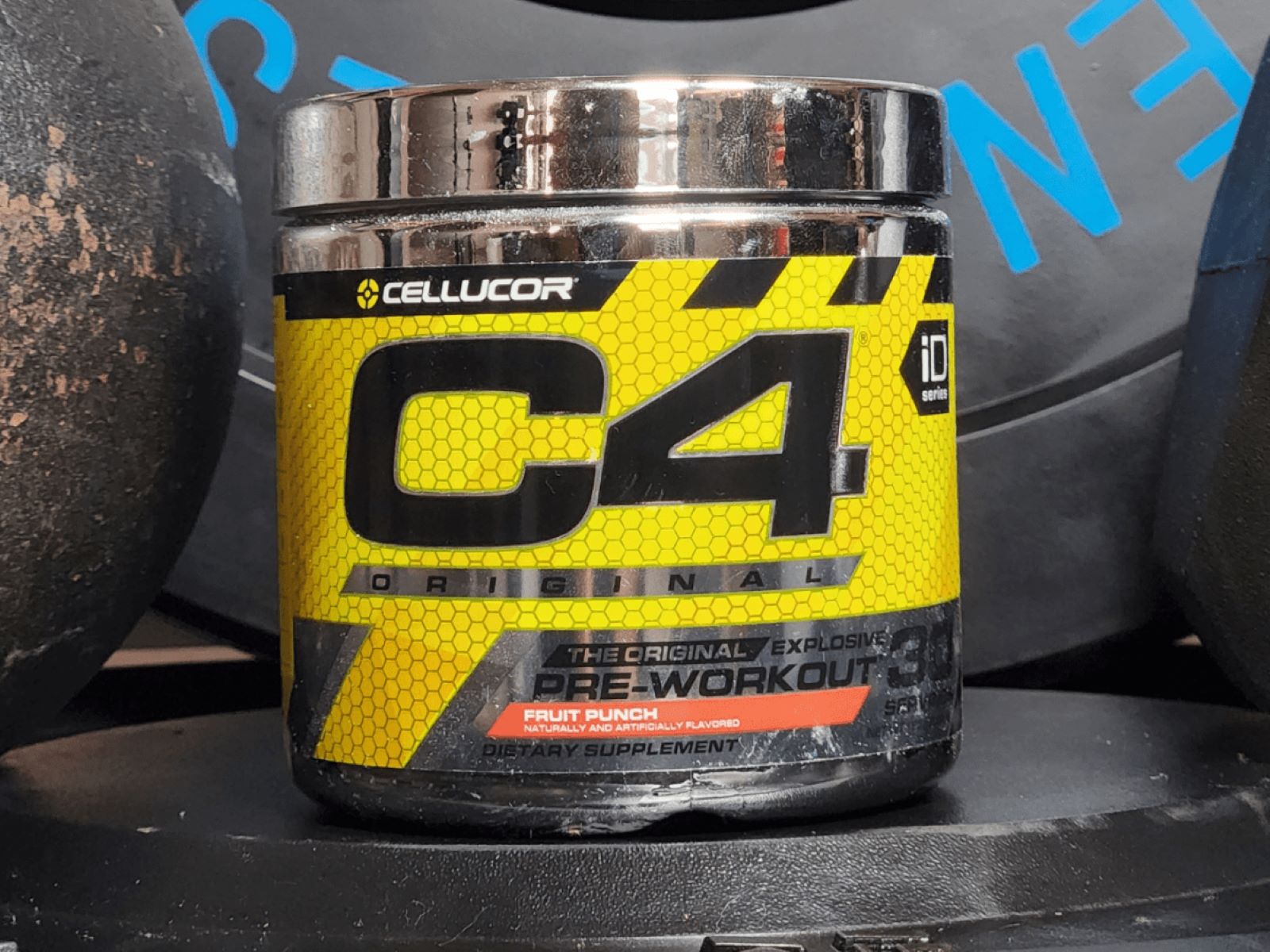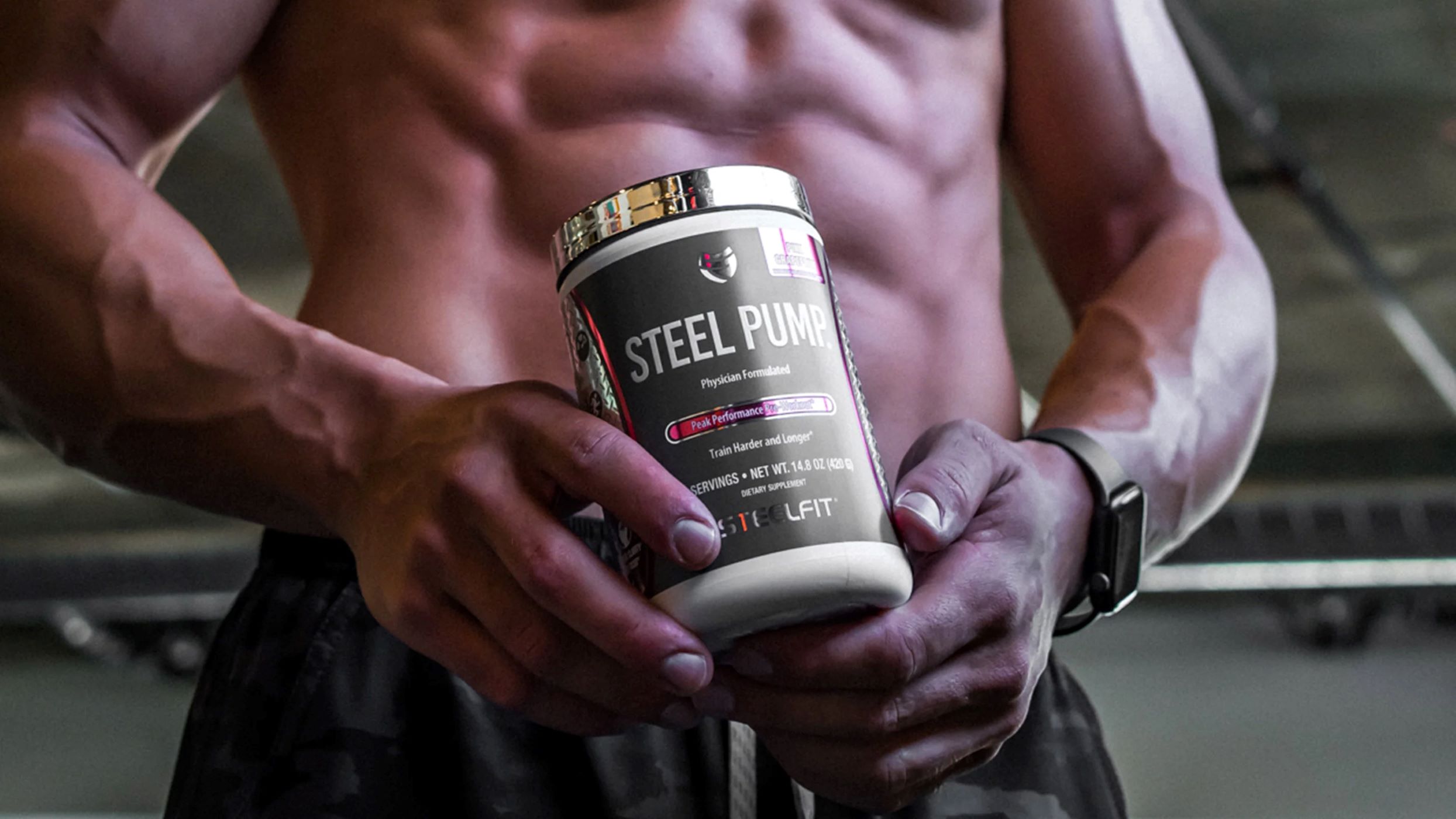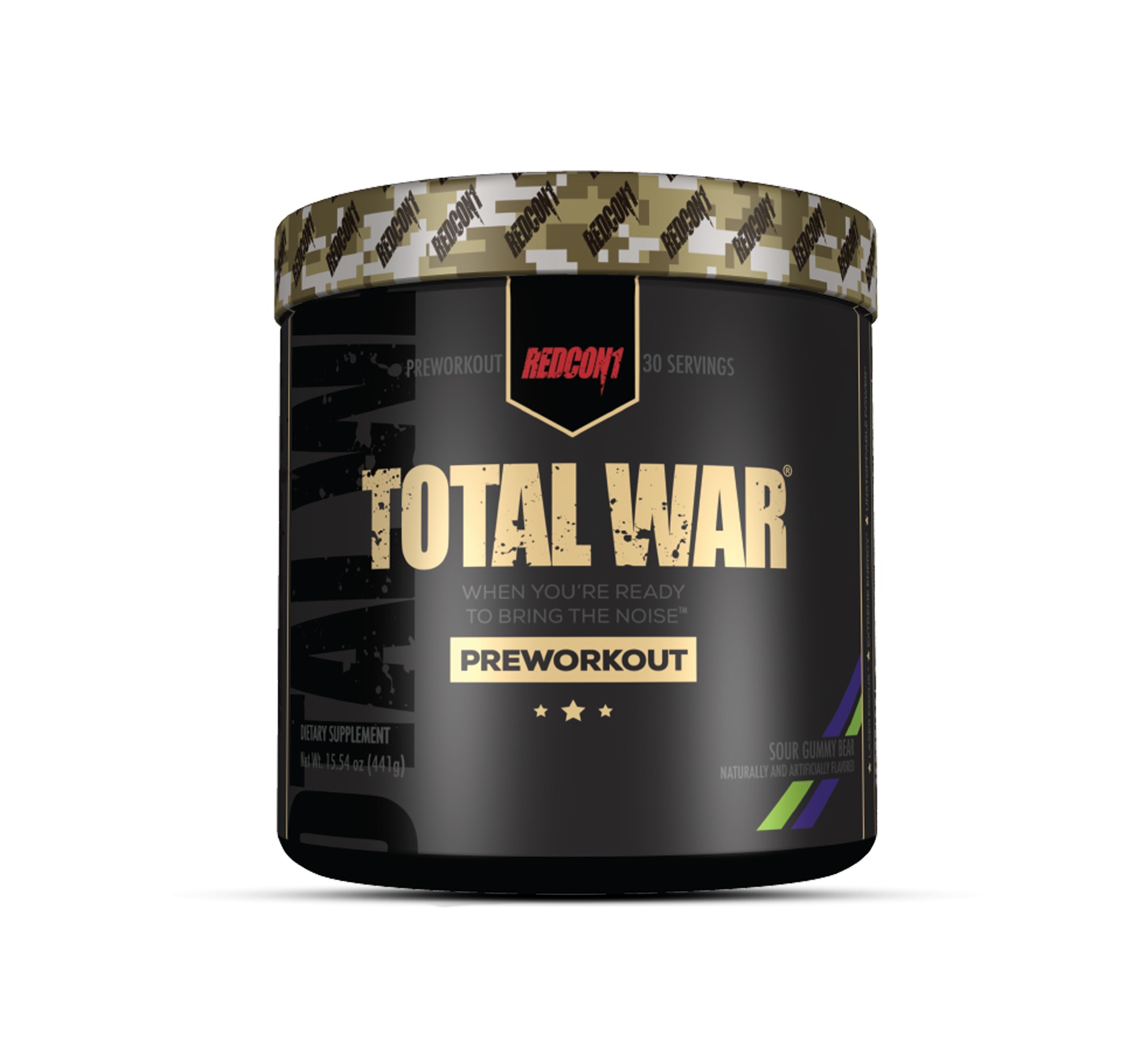

Featured
What Workout Supplements Should I Take
Modified: January 2, 2024
Discover the top workout supplements to optimize your fitness routine. Find out which featured supplements can help you achieve your fitness goals.
Introduction
When it comes to achieving your fitness goals, a balanced diet and regular exercise routine are essential. However, many fitness enthusiasts also turn to workout supplements to enhance their performance and recovery. With a plethora of options available on the market, it can be overwhelming to determine which workout supplements to incorporate into your routine.
Workout supplements are designed to provide your body with the nutrients it needs to maximize results and optimize performance during exercise. These supplements come in various forms, including powders, pills, and liquids, and are formulated with a combination of vitamins, minerals, and other ingredients that target specific aspects of your workout.
Choosing the right workout supplements can make a significant difference in your fitness journey. Whether your goal is to build muscle, improve endurance, or recover faster, understanding the different types of supplements available is crucial.
In this article, we will explore the various workout supplements that you should consider incorporating into your routine. From pre-workout to post-workout supplements, protein to creatine, we will cover everything you need to know to make informed decisions about which supplements are best suited for your individual needs.
It is important to note that while workout supplements can be beneficial, they should not replace a healthy diet or professional medical advice. It is always advisable to consult with a healthcare professional or a registered dietitian before implementing any new supplements into your routine, especially if you have any pre-existing health conditions or are taking medication.
Now, let’s dive into the world of workout supplements and explore the options available to help you reach your fitness goals.
Understanding Workout Supplements
Before delving into the specific types of workout supplements, it’s important to have a solid understanding of what they are and how they can benefit your fitness routine.
Workout supplements are designed to support your body’s performance and recovery during exercise. They are formulated with a combination of ingredients that target various aspects of your workout, such as energy, endurance, muscle building, and recovery.
These supplements typically contain a blend of vitamins, minerals, amino acids, herbs, and other nutrients that work together to enhance your body’s ability to perform at its best. They can help increase energy levels, improve focus and concentration, delay fatigue, promote muscle growth, and aid in the recovery process.
One of the key benefits of workout supplements is their convenience. They are available in different forms, including powders, capsules, tablets, and ready-to-drink formulations. This makes them easy to incorporate into your pre, intra, and post-workout routine.
Additionally, workout supplements are often specifically formulated to target different fitness goals. Whether you’re aiming to build lean muscle mass, increase strength and power, improve endurance and stamina, or enhance recovery, there are supplements available to support your unique objectives.
It’s important to note that workout supplements should be viewed as a complement to a well-rounded fitness program and healthy lifestyle. While they can be beneficial, they are not a magic solution and should not replace proper nutrition and exercise habits.
Furthermore, it’s crucial to choose high-quality supplements from reputable brands. Look for supplements that have been third-party tested for purity and safety to ensure that you’re getting a reliable and effective product.
Now that we have a basic understanding of workout supplements, let’s explore the different categories and types of supplements that can help you optimize your fitness performance.
Choosing the Right Workout Supplements
With a wide array of workout supplements available, it’s important to choose the ones that align with your fitness goals and individual needs. Here are some factors to consider when selecting the right workout supplements for you:
- Identify your goals: Determine what you want to achieve with your fitness routine. Are you looking to build muscle, increase endurance, improve recovery, or enhance overall performance? Knowing your goals will help you narrow down the types of supplements that can support your specific objectives.
- Understand ingredient profiles: Take the time to research and understand the ingredients in the supplements you’re considering. Look for scientifically proven ingredients that have evidence-backed benefits for your intended goal. Be aware of any potential allergens or intolerances you may have to certain ingredients.
- Consider your workout routine: Take into account the intensity and duration of your workouts. If you engage in high-intensity training or endurance activities, you may benefit from supplements that boost energy and improve endurance. If you primarily focus on strength training, muscle-building supplements may be more suitable for your needs.
- Consult professionals: If you’re unsure about which supplements to choose or have specific health concerns, it’s always a good idea to consult with a healthcare professional or a registered dietitian. They can provide personalized guidance based on your unique circumstances.
- Read reviews and do research: Look for reviews and testimonials from other individuals who have tried the supplements you’re interested in. Their experiences can provide valuable insights into the effectiveness and potential side effects of the product. Additionally, do your own research to ensure the brand and product have a reputable track record.
Remember, everyone’s needs and preferences are different, so what works for someone else may not necessarily work for you. It may take some trial and error to find the right combination of supplements that best support your goals and suit your body.
By carefully considering your goals, researching ingredients, and seeking professional advice when needed, you can make informed decisions and choose the right workout supplements that align with your fitness journey.
Pre-Workout Supplements
Pre-workout supplements are designed to be taken prior to your exercise session to enhance your performance, energy levels, and focus. They typically contain a combination of ingredients that work together to provide a boost in energy, improve endurance, and increase mental alertness. Here are some common ingredients found in pre-workout supplements:
- Caffeine: Caffeine is a stimulant that can increase alertness, focus, and overall energy levels. It can also help delay fatigue, allowing you to push harder during your workouts. However, it’s important to be mindful of your caffeine tolerance and not exceed recommended daily limits.
- Creatine: Creatine is a naturally occurring compound that helps produce energy for high-intensity exercises. Supplementing with creatine can increase strength, power, and overall performance. It also aids in muscle recovery and growth.
- Beta-Alanine: Beta-Alanine is an amino acid that helps reduce the build-up of lactic acid in muscles. This can delay muscle fatigue and improve endurance during intense workouts.
- L-Arginine: L-Arginine is an amino acid that can improve blood flow and increase the delivery of oxygen and nutrients to working muscles. This can enhance endurance and promote better muscle pumps.
- B vitamins: B vitamins play a crucial role in energy production and metabolism. They can help convert the food you eat into usable energy for your workouts, supporting optimal performance.
- Citrulline: Citrulline is an amino acid that can enhance nitric oxide production in the body. This helps improve blood flow and can lead to better muscle pumps, increased endurance, and reduced muscle soreness.
Pre-workout supplements can be especially beneficial for individuals who struggle with low energy levels or find it challenging to get motivated for their workouts. However, it’s important to carefully read the label and follow the recommended dosage instructions. Additionally, be aware of any potential side effects or interactions with other medications or health conditions.
Remember, while pre-workout supplements can provide a temporary energy boost, they should not be relied upon as a substitute for proper nutrition, hydration, and rest. Pairing pre-workout supplements with a balanced diet and healthy lifestyle habits will yield the best results.
Now that we have covered pre-workout supplements, let’s move on to the next category: intra-workout supplements.
Intra-Workout Supplements
Intra-workout supplements are designed to be consumed during your workout to provide ongoing support and enhance performance. These supplements are formulated to help sustain energy levels, prevent muscle fatigue, and support hydration. Here are some common types of intra-workout supplements:
- Branched-Chain Amino Acids (BCAAs): BCAAs are essential amino acids that play a vital role in protein synthesis and muscle repair. They can help reduce muscle breakdown during intense exercise, improve endurance, and promote faster recovery.
- Electrolytes: Electrolytes, such as sodium, potassium, and magnesium, are essential for maintaining proper hydration and muscle function. Intra-workout supplements containing electrolytes can help replenish these vital minerals lost through sweat, preventing dehydration and cramping.
- Carbohydrates: Consuming carbohydrates during your workout can provide a readily available source of energy to fuel your muscles and maintain endurance. They are especially beneficial during high-intensity or long-duration exercises.
- Hydration Blends: Some intra-workout supplements combine electrolytes and carbohydrates to create a comprehensive hydration blend. These blends help replenish fluids, electrolytes, and energy stores to support optimal performance and prevent fatigue.
- Citrulline Malate: Citrulline Malate, a combination of the amino acid citrulline and malic acid, can improve blood flow and reduce muscle fatigue during intense workouts. It also aids in the removal of exercise-induced toxins, promoting better performance and recovery.
Intra-workout supplements are particularly valuable for individuals engaging in long-duration or high-intensity training sessions. They provide a continuous supply of essential nutrients during exercise, helping you sustain energy, maintain hydration, and minimize muscle breakdown.
It’s important to note that intra-workout supplements may not be necessary for everyone, especially for those engaging in shorter or less intense workouts. However, if you find that your energy levels tend to dip or you experience muscle fatigue during your sessions, incorporating an intra-workout supplement may be beneficial.
As always, be sure to read the labels and follow the recommended dosage instructions. Consider consulting with a healthcare professional or a registered dietitian to ensure that the intra-workout supplement aligns with your individual needs and goals.
Now, let’s move on to the next category: post-workout supplements.
Post-Workout Supplements
Post-workout supplements are designed to support your body’s recovery and muscle repair after intense exercise. These supplements typically contain a combination of ingredients that help replenish energy stores, promote muscle protein synthesis, and reduce muscle damage. Here are some common post-workout supplements:
- Protein Supplements: Protein is essential for muscle repair and growth. Consuming a protein supplement after your workout can provide a convenient and quick source of high-quality protein. Whey protein, casein protein, and plant-based protein powders are popular options.
- Carbohydrates: Consuming carbohydrates after your workout helps replenish glycogen stores, which provide energy for your muscles. Choosing fast-digesting carbohydrates like dextrose or maltodextrin can facilitate quick recovery and optimize glycogen restoration.
- BCAAs: Taking BCAA supplements post-workout can further support muscle recovery and reduce muscle soreness. The amino acids in BCAAs help kickstart protein synthesis and provide the building blocks for muscle repair and growth.
- Glutamine: Glutamine is an amino acid that plays a role in immune function and muscle repair. Supplementing with glutamine post-workout can assist in restoring glutamine levels, reducing exercise-induced muscle damage, and supporting overall recovery.
- Antioxidants: Exercise-induced oxidative stress can lead to muscle damage. Antioxidant supplements like vitamin C and vitamin E can help neutralize free radicals, reduce inflammation, and promote faster recovery.
Post-workout supplements are beneficial for both endurance and resistance training. Consuming these supplements within the post-workout window, typically within 30 minutes to an hour after exercise, maximizes their effectiveness and aids in the recovery process.
While post-workout supplements can be helpful, it’s essential to prioritize a balanced diet that includes whole foods rich in protein and carbohydrates. These supplements should be seen as a convenient option to ensure you’re meeting your nutritional needs, especially when whole food options are not readily available or practical.
Remember to choose high-quality supplements from reputable brands to ensure that you’re getting effective and safe products. Be sure to follow the recommended dosage instructions, and consult with a healthcare professional or a registered dietitian if you have any specific concerns or dietary restrictions.
Now that we’ve covered post-workout supplements, let’s move on to another crucial supplement for muscle growth and performance: protein supplements.
Protein Supplements
Protein supplements are commonly used by individuals aiming to increase muscle mass, support muscle recovery, and meet their daily protein requirements. These supplements provide a convenient source of high-quality protein, which is essential for repairing and building muscle tissue. Here are the main types of protein supplements:
- Whey Protein: Whey protein is a popular choice due to its high bioavailability and rapid digestibility. It contains all nine essential amino acids, making it a complete protein source. Whey protein is quickly absorbed by the body, making it ideal for post-workout consumption.
- Casein Protein: Casein protein is another milk-derived protein, but it has a slower digestion rate compared to whey protein. It forms a gel-like consistency in the stomach, leading to a sustained release of amino acids into the bloodstream. Casein protein is commonly used before bed to support overnight muscle recovery.
- Plant-Based Protein: Plant-based protein supplements are suitable options for those following a vegetarian or vegan diet. Sources such as pea, rice, hemp, and soy protein offer a variety of amino acids, comparable to animal-based protein sources. They can be easily digested and provide essential nutrients for muscle recovery and growth.
- Collagen Protein: Collagen protein is a type of protein that is prevalent in connective tissues, such as tendons and ligaments. It is valued for its potential benefits in supporting joint health, promoting skin elasticity, and aiding in gut health. While collagen protein may not be a complete protein, it can be a valuable addition to a well-rounded protein supplement regimen.
Protein supplements are a convenient way to increase protein intake, especially for individuals who struggle to meet their daily requirements through whole food sources alone. They can be consumed in the form of shakes, bars, or added to smoothies or recipes.
It’s important to note that while protein supplements can be beneficial, they should not be relied upon as the sole source of protein in your diet. Whole food sources like lean meats, poultry, fish, dairy products, legumes, and nuts should still form the foundation of your protein intake.
When choosing a protein supplement, consider factors such as taste, quality, and allergen considerations. Look for supplements that have undergone third-party testing to ensure their purity and safety. Individual protein requirements can vary, so it’s best to consult with a healthcare professional or a registered dietitian to determine the appropriate amount of protein and the best supplementation strategy for your specific needs.
Now that we’ve explored protein supplements, let’s move on to another popular supplement for enhancing athletic performance: creatine supplements.
Creatine Supplements
Creatine supplements are a widely used and well-researched form of supplementation known to enhance athletic performance, promote muscle strength, and support muscle growth. Creatine is a naturally occurring compound found in small amounts in foods like meat and fish. However, supplementation allows for higher doses, leading to more significant benefits. Here’s what you need to know about creatine supplements:
How it works: Creatine is stored in your muscles and used as a rapid energy source during high-intensity activities such as weightlifting or sprinting. By supplementing with creatine, you can increase the amount of creatine stored in your muscles, thus improving your ability to perform short-duration, intense exercises.
Benefits: The primary benefits of creatine supplements include improved strength, power, and muscle mass. Research shows that creatine supplementation can enhance muscle strength and enhance performance in activities requiring short bursts of power, such as weightlifting and sprinting.
Loading and maintenance phase: When starting with creatine supplementation, a loading phase is often recommended. This involves taking a higher dose of creatine for a week to saturate your muscles with the compound. After the loading phase, a lower maintenance dose is taken to maintain elevated creatine levels in the muscles.
Timing and dosage: Creatine supplements can be taken at any time of the day. Taking it with a carbohydrate-rich meal or beverage can enhance its absorption. The recommended daily dosage is typically 3-5 grams during the maintenance phase, but consult the specific instructions on your chosen product or speak with a healthcare professional for personalized recommendations.
Potential side effects: Creatine supplements are generally safe for most individuals when taken within the recommended dosage. However, some people may experience gastrointestinal discomfort or water retention while using creatine. It’s crucial to stay adequately hydrated when taking creatine and consider reducing the dosage or stopping supplementation if any adverse effects occur.
Creatine supplementation has been extensively studied and shown to be a safe and effective way to improve athletic performance, especially in activities that require short-term, high-intensity efforts. However, it may not benefit all individuals equally, and the extent of the benefits can vary depending on factors such as training status and genetic variations.
As with all supplements, it’s important to choose high-quality creatine products from reputable brands. Look for products that have been third-party tested to ensure purity and quality. Additionally, consult with a healthcare professional or a registered dietitian before starting any supplementation regimen, especially if you have underlying health conditions or are taking medication.
Now that we’ve covered creatine supplements, let’s recap the key points and conclude our exploration of workout supplements.
Branched-Chain Amino Acids (BCAAs) Supplements
Branched-Chain Amino Acids (BCAAs) refer to three essential amino acids: leucine, isoleucine, and valine. These amino acids play a crucial role in muscle protein synthesis and muscle recovery. BCAA supplements are designed to provide these amino acids in a concentrated form, offering several benefits to support your fitness goals. Here’s what you need to know about BCAA supplements:
Muscle recovery and repair: BCAAs are known for their ability to stimulate muscle protein synthesis, which is the process of building new muscle tissue after exercise-induced damage. By taking BCAA supplements, you can provide your muscles with the necessary building blocks to repair and rebuild, reducing muscle soreness and enhancing recovery.
Exercise endurance: During intense workouts, the body may break down muscle protein to use as an energy source. BCAA supplements can help prevent this breakdown, helping to preserve muscle tissue and maintain energy levels. This can result in improved exercise endurance and performance.
Muscle growth: BCAAs, particularly leucine, are known to have anabolic properties, stimulating muscle protein synthesis and promoting muscle growth. When consumed in combination with resistance training, BCAA supplements can aid in increasing lean muscle mass and enhancing muscle strength.
Reduced muscle soreness: Intense exercise can lead to muscle damage and soreness. BCAA supplementation has shown promising results in reducing the severity and duration of muscle soreness, allowing for quicker recovery and improved overall comfort after workouts.
BCAA supplements come in various forms, including powders and capsules, and can be taken before, during, or after workouts. The dosages may vary, so it’s important to follow the instructions on the product or seek guidance from a healthcare professional or a registered dietitian.
It’s worth noting that while BCAA supplements can be beneficial, they should not replace whole food sources of protein in your diet. Animal and plant-based protein sources provide a complete profile of essential amino acids, including BCAAs, along with other important nutrients. BCAA supplements are a convenient option to complement your protein intake, especially during periods of intense training or when whole food sources are not readily available.
As with any supplement, it’s crucial to choose high-quality BCAA products from reputable brands. Look for products that have been third-party tested for purity and safety. Additionally, consider consulting with a healthcare professional or a registered dietitian to determine the appropriate dosage and timing of BCAA supplementation for your specific needs and fitness goals.
Now that we’ve explored BCAA supplements, let’s summarize the key takeaways and wrap up our discussion on workout supplements.
Beta-Alanine Supplements
Beta-Alanine is a non-essential amino acid that is naturally present in the body and can also be obtained through certain foods. However, supplementing with beta-alanine offers several benefits for those looking to improve their athletic performance and endurance. Here’s what you need to know about beta-alanine supplements:
Improved endurance: Beta-alanine is known for its ability to increase intramuscular carnosine levels. Carnosine acts as a buffer, reducing the build-up of lactic acid in the muscles during intense exercise. By taking beta-alanine supplements, you can delay the onset of fatigue, allowing you to perform high-intensity exercises for longer periods.
Increase in muscle strength and power: Studies have shown that beta-alanine supplementation can enhance muscle strength and power in activities that require short bursts of intense effort, such as weightlifting or sprinting. By reducing fatigue, beta-alanine enables individuals to maintain their strength and power output for more extended periods.
Reduced muscle fatigue: Beta-alanine can help decrease muscle fatigue during high-intensity exercise. This allows individuals to push through their limits and maintain their performance levels for a more extended period before experiencing muscle fatigue.
Tingling sensation: One of the common side effects of beta-alanine supplementation is a tingling sensation, often known as “paresthesia.” This tingling sensation is harmless and subsides over time. However, if it is bothersome, dividing the dosage into smaller servings throughout the day or switching to sustained-release formulations may help reduce this side effect.
Beta-alanine supplements are typically consumed in the form of capsules or powders and can be taken before or after workouts. The most common dosage used in research studies ranges from 2 to 5 grams per day, but individual needs may vary. It’s always best to refer to the specific dosage instructions on the product or consult with a healthcare professional or a registered dietitian.
While beta-alanine supplements can be beneficial for improving endurance and performance, it’s essential to remember that they are just one piece of the puzzle. Proper nutrition, hydration, rest, and regular exercise are also crucial factors in achieving optimal results.
As with any supplement, it’s important to choose high-quality beta-alanine products from reputable brands. Look for products that have been tested for purity and safety. Additionally, consult with a healthcare professional or a registered dietitian before starting any supplementation regimen, especially if you have underlying health conditions or are taking medication.
Now that we’ve covered the benefits of beta-alanine supplements, let’s recap the key points and conclude our discussion on workout supplements.
Conclusion
Workout supplements can be a valuable addition to your fitness routine, providing targeted support for your goals and aiding in performance, recovery, and overall well-being. However, it’s important to approach supplement use with a well-informed and individualized approach.
Understanding the different types of workout supplements available, such as pre-workout, intra-workout, post-workout, protein, creatine, BCAAs, and beta-alanine, allows you to choose the ones that align with your specific needs and goals. Whether you’re looking to increase energy levels, enhance endurance, build muscle, or recover faster, there is likely a supplement that can assist you.
It’s crucial to remember that while supplements can be beneficial, they should never replace a balanced diet, proper hydration, rest, and consistent exercise. They are meant to supplement a healthy lifestyle, not compensate for unhealthy habits.
When selecting workout supplements, always opt for reputable brands that undergo third-party testing to ensure quality and safety. Pay attention to recommended dosages and follow the instructions provided on the product labels.
If you have any underlying health conditions, are taking medications, or have specific dietary concerns, it’s important to consult with a healthcare professional or a registered dietitian before incorporating any new supplements into your routine.
Finally, listen to your body and assess how the supplements are affecting you. Everyone’s response to supplements can vary, so it’s essential to assess their impact on your performance, recovery, and overall well-being. Adjustments in dosage and timing may be necessary to suit your individual needs.
By approaching workout supplements with knowledge, caution, and individualization, you can optimize their potential benefits and support your fitness journey. Remember to prioritize whole foods, strive for balanced nutrition, and maintain a well-rounded fitness routine to achieve overall wellness and success in your fitness pursuits.
Now that you are equipped with information about workout supplements, it’s time to make informed decisions that align with your goals and take your fitness journey to new heights.
